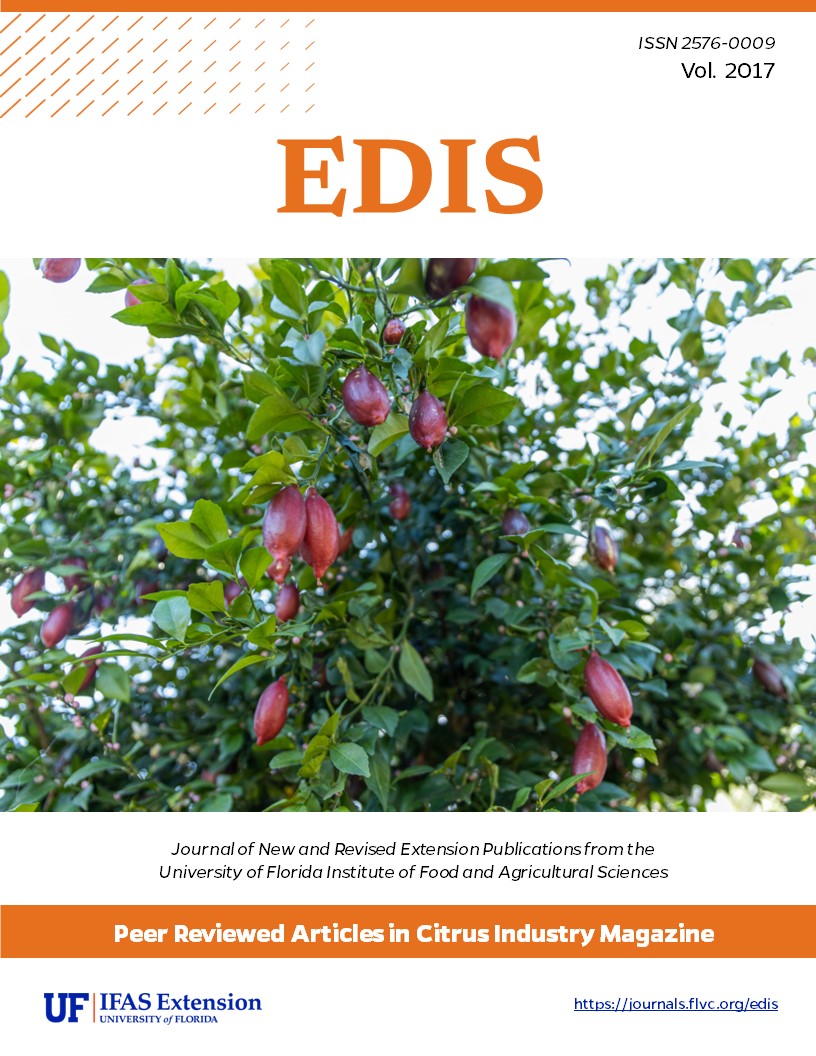Resumen
Citrus growers frequently inquire if Florida temperatures in the summer or winter are sufficiently high or low enough to control or suppress the Asian citrus psyllid (ACP). This question is the subject of this short article.
The reason growers pose the question about how temperature impacts psyllids is because ACP is a phloem feeder that vectors citrus greening or huanglongbing (HLB). When HLB-infected psyllids feed on the citrus plant, they introduce the bacteria into the tree. The level of HLB spread is directly related to the distribution and population level of the infected ACPs within a given area. Any factors that may suppress or control ACPs would be beneficial to citrus growers to minimize the spread of HLB.

